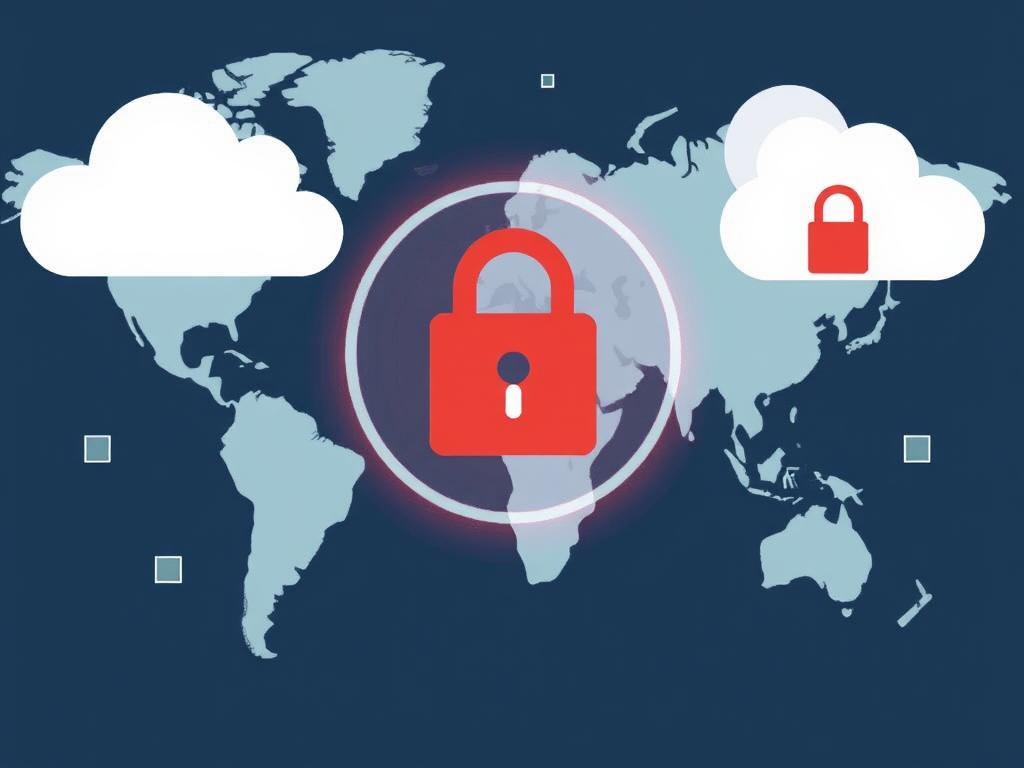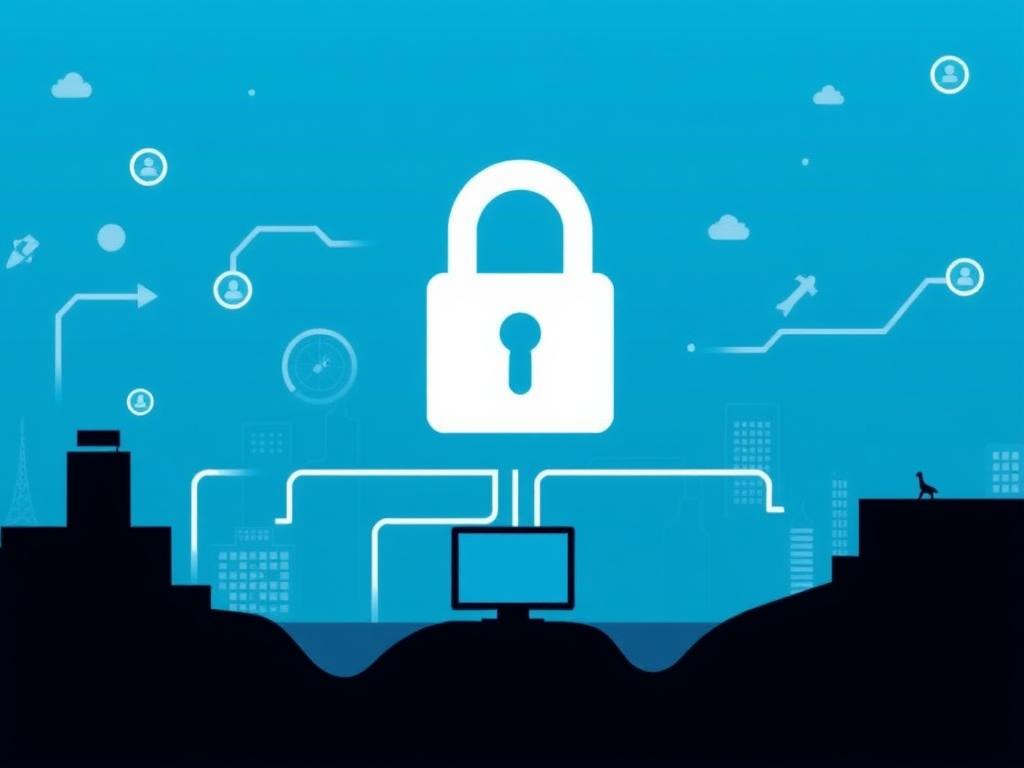Understanding What a VPN Is and Why It’s Popular

In today’s digital age, almost everyone has heard of VPNs, or Virtual Private Networks. These tools have become household names for individuals looking to secure their online privacy, bypass geo-restrictions, or simply browse the internet more anonymously. But what exactly is a VPN? In simple terms, a VPN creates a secure, encrypted tunnel between your device and the internet, masking your IP address and encrypting your data along the way. This seemingly magical service protects you from hackers, prying ISPs, and intrusive advertisers. Many people embrace VPNs as their first line of defense in a world where online privacy is more vulnerable than ever.
However, with the rapid evolution of technology and cybersecurity, experts and everyday users alike ask: will VPNs become obsolete in the future? As new privacy tools emerge and network architectures evolve, is the VPN a temporary fix destined to fade away, or a lasting pillar of online security? Before answering that, it’s important to understand how VPNs function now and the challenges they face.
The Current Benefits and Limitations of VPNs
VPNs have several clear benefits that account for their widespread use. First, they allow users to access region-restricted content by masking their real location with a virtual IP address from the VPN server. This is invaluable for streaming services, accessing blocked websites, or even maintaining privacy in countries with heavy censorship. Second, VPNs encrypt user data on unsecured networks such as public Wi-Fi, making it much more difficult for hackers to intercept sensitive information like passwords, credit card numbers, or personal messages.
Yet, VPNs are not perfect. Their performance often depends on the reliability and speed of the VPN provider’s servers. Some services can actually slow down your internet connection due to encryption overhead or overloaded servers. Not all VPN providers are trustworthy, and some might log your data or expose vulnerabilities. Additionally, websites and streaming services have become smarter at detecting and blocking VPN traffic, making it harder to use VPNs for unrestricted access.
Here is a quick summary of the pros and cons of VPNs:
| Advantages | Disadvantages |
|---|---|
| Encrypts data and hides IP addresses | Can slow down internet speeds |
| Bypasses geo-restrictions and censorship | Not all providers are trustworthy |
| Protects privacy on public Wi-Fi | Some VPN traffic is detected and blocked |
| Easy to set up and use | May not prevent all tracking methods |
Emerging Technologies Challenging VPN Dominance

The digital ecosystem is far from static. New technologies are constantly being developed to protect online privacy better than before, and some of these may eventually replace or complement VPNs.
One such technology is zero-trust networking (ZTN). Unlike the traditional VPN model, which assumes that users inside the network are trustworthy, ZTN verifies every request as if it originates from an untrusted network. This approach significantly enhances security, particularly for enterprises, by limiting user access and reducing the risk of lateral movement by attackers.
Another potential challenger is decentralized VPNs (dVPNs), which are built on blockchain technology. These networks rely on distributed nodes around the world rather than centralized servers, offering users more privacy and resistance to censorship. Although still in their early stages, dVPNs promise a new paradigm that may someday shift how we think about private internet access.
Furthermore, advances in encryption such as HTTPS Everywhere, encrypted DNS, and the rise of privacy-centric browsers like Brave and Tor contribute to a future where users might not need traditional VPNs to shield their activities. More secure protocols and better integrated privacy features in operating systems and browsers could reduce reliance on separate VPN applications.
How These Technologies Compare to Traditional VPNs
Here’s a brief comparison table of VPNs and some emerging alternatives:
| Technology | Key Features | Strengths | Limitations |
|---|---|---|---|
| Traditional VPN | Encrypts internet traffic, masks IP | Widely used, accessible to all | Centralized servers, potential trust issues |
| Zero-Trust Networking (ZTN) | Verifies users continuously, limits access | Stronger security for enterprises | Complex to implement for individuals |
| Decentralized VPN (dVPN) | Blockchain-based, distributed nodes | Greater privacy, resistance to censorship | Less mature, slower speeds currently |
| Encrypted DNS & Privacy Browsers | Protect data at browser and DNS level | No installations needed, lightweight | Limited to browser traffic, not whole device |
Will VPNs Become Obsolete? Factors to Consider

When speculating about the future of VPNs, several factors must be examined:
- Increasing Privacy Awareness: As users become more knowledgeable about online threats, they demand better privacy solutions. VPNs currently offer a simple and effective way for many users to protect themselves.
- Regulatory Environment: Governments worldwide are implementing varying regulations regarding encryption and data privacy. In some regions, VPN use is restricted or illegal, which could influence their mainstream relevance.
- Technological Progress: If emerging innovations such as dVPNs, improved encryption standards, or zero-trust models prove practical and scalable, traditional VPNs might be supplanted.
- Cybersecurity Landscape: Hackers and malicious actors continuously adapt. VPNs won’t remain a silver bullet, but they will still be part of layered defense strategies.
- User Convenience: The ease of use and affordability of VPNs remain strong advantages. Any future technology must be as accessible and user-friendly to replace VPNs on a mass scale.
Potential Scenarios for the Future of VPNs
It is possible to envision a few scenarios:
- VPNs Evolve and Integrate: VPN providers adapt by incorporating decentralized technologies, zero-trust principles, or combining with browsers and operating systems to offer seamless privacy.
- VPNs Coexist with Other Tools: VPNs remain widely used for specific needs like geo-unblocking and encrypted Wi-Fi access but work alongside alternative privacy solutions.
- VPNs Fade Away: If new tools become just as simple and effective, particularly with system-level privacy protections, VPNs might become niche or legacy technologies.
How to Choose the Right Privacy Solution Today
While the future is uncertain, here are some practical tips for choosing privacy tools right now:
- Consider your primary need—whether it’s privacy, security, bypassing geo-restrictions, or safe public Wi-Fi use.
- Research trustworthy VPN providers with transparent no-log policies and strong encryption.
- Explore privacy-focused browsers and encrypted DNS services for lighter, less comprehensive protection.
- Stay updated with new developments like decentralized VPNs and consider experimenting with these if security is your top priority.
- Remember that no single tool is perfect; layering privacy solutions enhances security overall.
Conclusion
VPNs have been a cornerstone of digital privacy for over a decade, offering everyday users a practical means to protect their data and browse freely. However, the rapid development of new privacy-enhancing technologies, combined with changing regulatory pressures and evolving cybersecurity threats, suggest that traditional VPNs may not remain the sole solution in the future. Rather than becoming entirely obsolete, VPNs will likely evolve, integrate with emerging technologies, or coexist alongside novel privacy tools like decentralized networks and zero-trust architectures. For the average user, staying informed and versatile with privacy solutions will be key to navigating the internet safely in the years to come. Whether VPNs retain their popularity or give way to better alternatives depends on how well these tools adapt to meet our growing demand for security, convenience, and freedom online.
